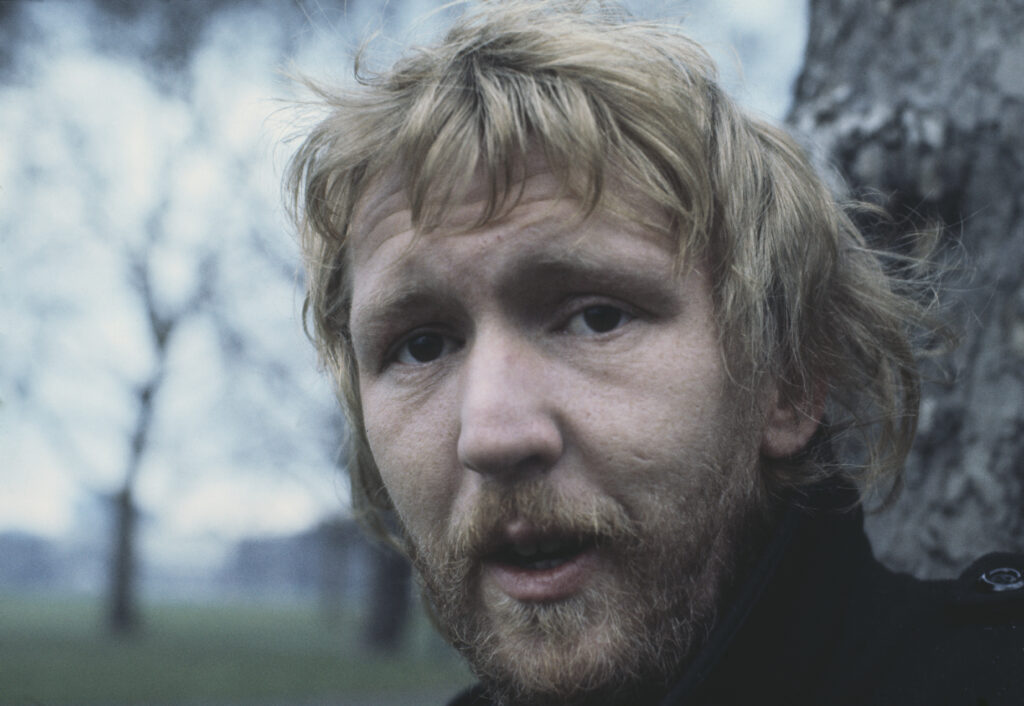Welcome to Consequence‘s series Dusting ‘Em Off, which examines classic albums that have established an enduring place in pop culture. Today, Harry Nilsson shares his LSD epiphany with The Point!
For fans of Harry Nilsson, the origins of his cult classic multi-media project The Point! are as legendary as the dream that brought Keith Richards the riff for “I Can’t Get No (Satisfaction)” or Paul McCartney pulling “Get Back” out of thin air. Armed with a healthy dose of lysergic acid diethylamide, Nilsson wandered into the woods, took in his surroundings, and had a pointed epiphany that would go on to drive the next phase of his creative life.
“I was on acid and I looked at the trees and I realized that they all came to points, and the branches came to points, and the houses came to points,” the oft-repeated quote goes. “I thought, ‘Oh! Everything has a point, and if it doesn’t, then there’s a point to it.’”
It’s a sentiment that sounds like it doesn’t make sense, then, after careful consideration, becomes profound, before going elusive all over again — but that’s its power. The idea only comes into focus when squinting and is lost just as easily as it’s found. That quality, along with the endless amount of wordplay the word “point” allows for (seriously, take a shot every time you hear the 5-letter word and you’ll end up in the hospital), had enough creative steam to sustain an album, an accompanying comic, and an animated feature.
Regardless of the story’s medium, its core revolves around Oblio, a round-headed child in a town where — ahem — everything has a point. After the ill-intentioned Count and his pip-squeak kid convince the otherwise accepting King to banish Oblio and his canine companion Arrow for the seemingly pointless offense (damn, now I’m doing it), the two venture into the Pointless Forrest, encountering zany characters and new truths along the way.
On the surface, it’s a fairly standard children’s tale. It’s Rudolph the Red-Nosed Reindeer, The Ugly Duckling, or, for younger readers, Spookly the Square Pumpkin (which, come to think about it, also features shape-centered discrimination). And yet, Nilsson’s mature, left-field approach to the material allows for The Point! — both the album and the film — to achieve a surprisingly complex thematic payoff.

